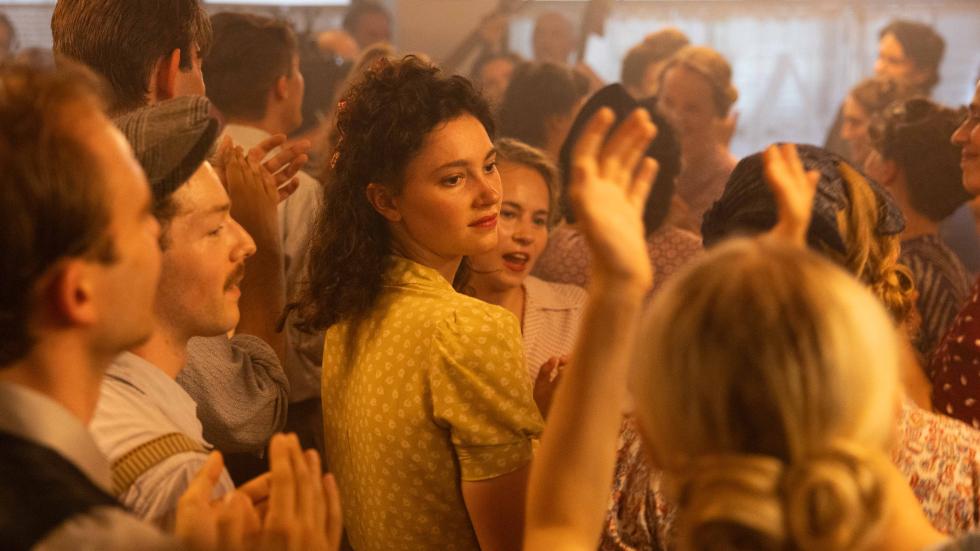
The Seville European Film Festival announces the films that make up its competitive sections —Rampa, Embrujo and Alumbramiento— embracing both live action and animation, fiction and documentary alike.
The Pulse of New European Cinema in the Rampa Section
The Seville European Film Festival welcomes in its Rampa Section a group of filmmakers making a strong impression with their first or second feature films. Award-winning titles from Venice or Berlin trace a Europe inhabited by characters —many of them young— in search of their place in the world.
Winner of the Grand Prize at Venice’s International Critics’ Week, ‘Straight Circle’ (United Kingdom), written and directed by Oscar Hudson, is an anti-war fable in which two soldiers from enemy nations (played by twins Elliott and Luke Tittensor, known from ‘House of the Dragon’) face each other during a truce on a desert border. Also premiered in Venice and set against the backdrop of war, ‘Silent Rebellion’ (Switzerland-Belgium-France), directed by debut filmmaker Marie-Elsa Sgualdo and co-written with Nadine Lamari, follows a young woman (a formidable Lila Gueneau) fighting for independence and survival in a Swiss village during World War II.
Social context also serves as a framework to tell other personal stories, such as ‘Perla’ (Austria-Slovakia), written and directed by Alexandra Makarová in her second feature, a melodrama that portrays the struggles of a Slovak artist who returns to post–Prague Spring communist Czechoslovakia, confronting the father of her daughter. Another female-led film, ‘Silent Storms’ (France-Belgium), directed by Franco-Algerian newcomer Dania Reymond-Boughenou and co-written with Virginie Legeay and Vincent Poymiro, follows a journalist investigating strange meteorological phenomena and mysterious events in an Algeria still haunted by civil war.
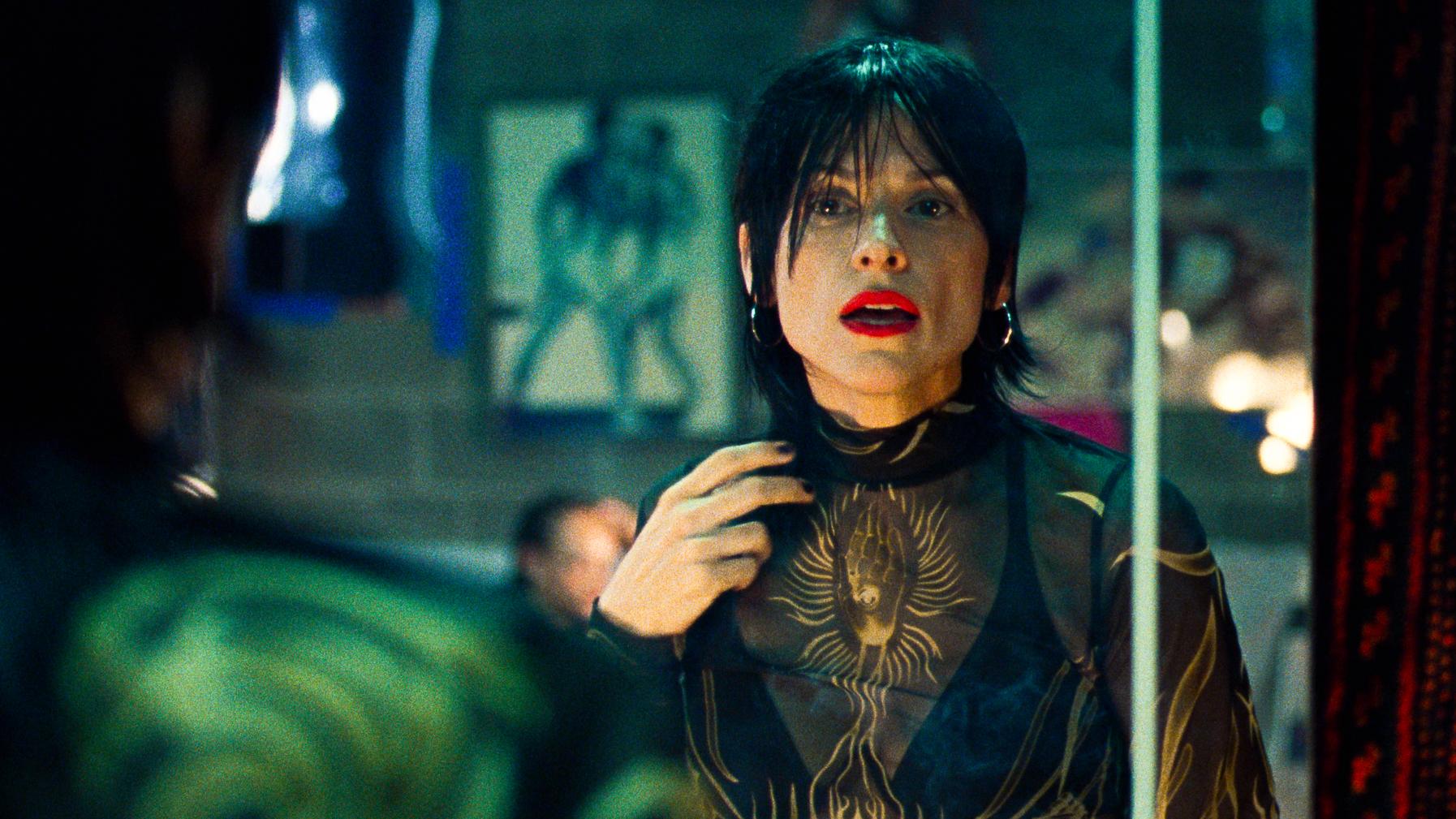
In ‘Comeback’ (Belgium–Netherlands), directed and written by Jan and Raf Roosens alongside Bert Van Dael, a teenage girl is torn between her divorced parents —once successful DJs— while electronic music sets the rhythm of the story. The cast includes Veerle Baetens (European Film Award for Best Actress for ‘Alabama Monroe’), her real-life daughter Billie-Louise Vlegels, and rapper Zwangere Guy. Youth takes center stage again in ‘Ish’ (United Kingdom), Audience Award winner at Venice Critics’ Week, directed by acclaimed contemporary artist Imran Perretta, who co-wrote the film with Enda Walsh. This debut tells the story of a friendship between two young men facing racism toward Muslim and Asian communities in London.
Meanwhile, ‘Drifting Laurent’ (France), directed and written by Mattéo Eustachon, Léo Couture and Anton Balekdjian, unfolds as an existential comedy —somewhere between Guiraudie and Rohmer— about a directionless young man who finds refuge in an off-season ski resort and among its peculiar inhabitants.
An ironic and gentle tone pervades the documentary ‘Letters from Wolf Street’ (Poland–Germany), directed and written by Indian filmmaker Arjun Talwar, who turns his Warsaw street into a mosaic of intertwined lives —a love letter to Europe’s multiculturalism that premiered at the Berlinale.
These titles complete the Rampa Section lineup, which had already announced ‘The Kidnapping of Arabella’ (Italy), written and directed by Carolina Cavalli; ‘Le città di pianura’ (Italy–Germany), directed by Francesco Sossai and co-written with Adriano Candiago; and several debut features: ‘Els mals noms’ (Spain), written and directed by Marc Ortiz; ‘God Will Not Help’ (Croatia–Italy–Romania–Greece–France–Slovenia), written and directed by Croatian filmmaker Hana Jušić; ‘Vitrival’ (Belgium), written and directed by Noëlle Bastin and Baptiste Bogaert; ‘My Father’s Shadow’ (United Kingdom–Nigeria–Ireland), directed by Akinola Davies Jr., who co-wrote it with Wale Davies; ‘Short Summer’ (Germany–France–Serbia), directed by Nastia Korkia and co-written with Mikhail Bushkov; and ‘Imago’ (France–Georgia), directed by Déni Oumar Pitsaev.
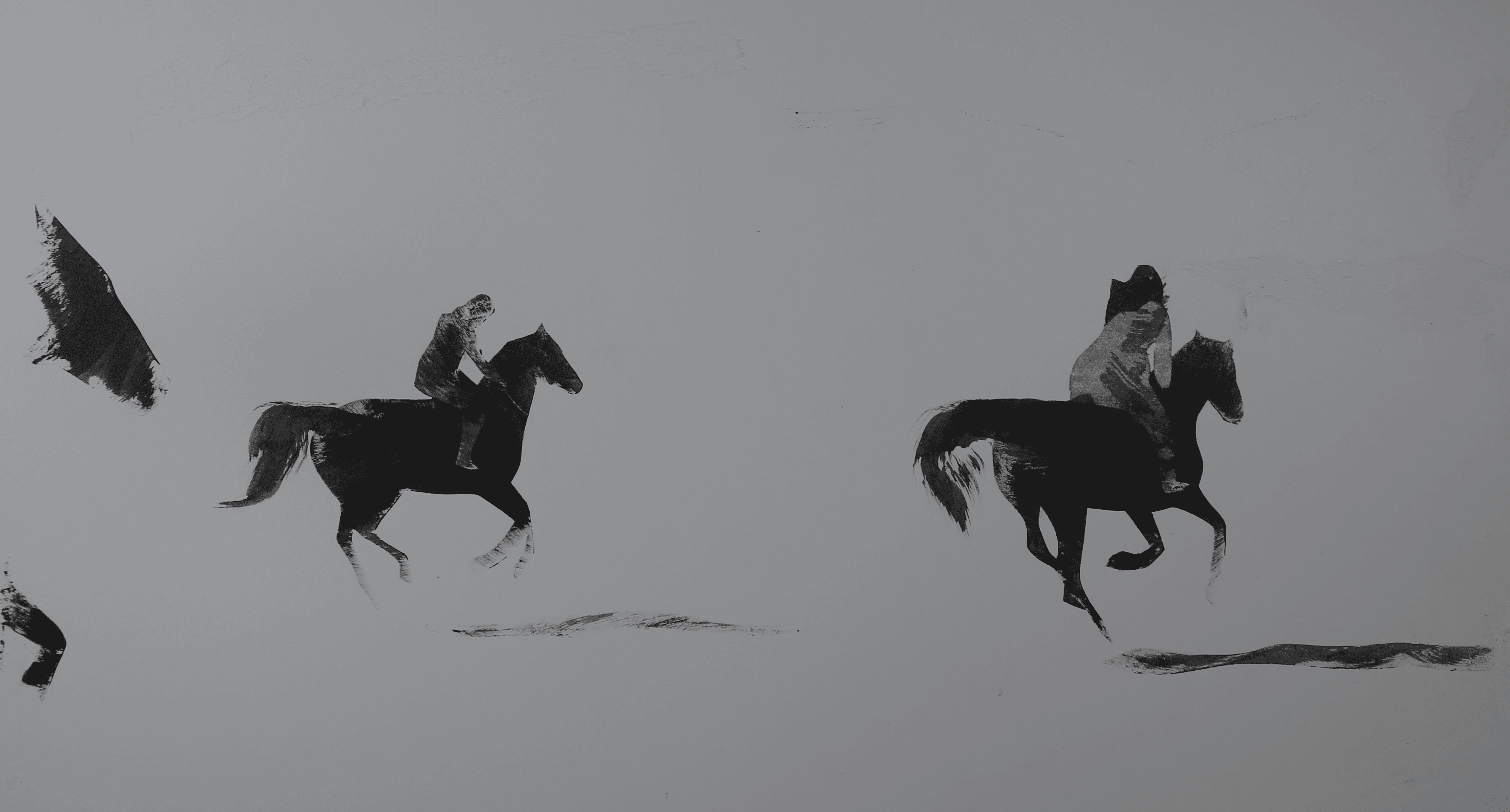
Embrujo: The Most Innovative Visions of European Cinema
The Embrujo Section of the Seville European Film Festival gathers, from Sundance, Karlovy Vary, Locarno and Rotterdam, some of the most daring, sensory, free and poetic proposals of this edition.
This section hosts the world premiere of the western ‘Ouro e Oasis’ (Portugal), the debut feature of Lisbon artist Sebastião Borges, who co-wrote the screenplay with João Viotti. Shot in the Tabernas desert, the story follows two men searching for inherited land who become caught up in the celebration of El Rocío pilgrimage. Also premiering internationally after winning two awards at Locarno, ‘Le Lac’ (Switzerland), directed, written and produced by Fabrice Aragno —Jean-Luc Godard’s former cinematographer and current collaborator of Claire Simon (also featured in this section with ‘Writing Life’)— offers an immersive cinematic experience capturing the relationship of a couple sailing across a vast lake.
Animation is represented through a handcrafted technique combining rotoscoping, acrylics and paper in ‘Balentes’ (Italy-Germany), directed and written by Giovanni Columbu. A shortlisted work for the European Film Academy Awards, premiered in Rotterdam, it tells the story of two teenagers seeking freedom in interwar Sardinia.
‘A Balcony in Limoges’ (France) stands as one of the hidden gems of Locarno’s ‘Filmmakers of the Present’ section, where it won the Junior Jury Award. Written and directed by Jérôme Reybaud, the film pits two former schoolmates against each other in a tense coexistence, in a sharp comedy where the domestic space becomes a battlefield. Confinement also provides the setting for ‘Don’t Let the Sun’ (Switzerland-Italy), directed by Jacqueline Zünd and co-written with Arne Kohlweyer, where extreme heat forces a young actor (Levan Gelbakhiani, Best Actor at Locarno’s ‘Filmmakers of the Present’) to stay indoors during the day, making human relationships increasingly difficult.
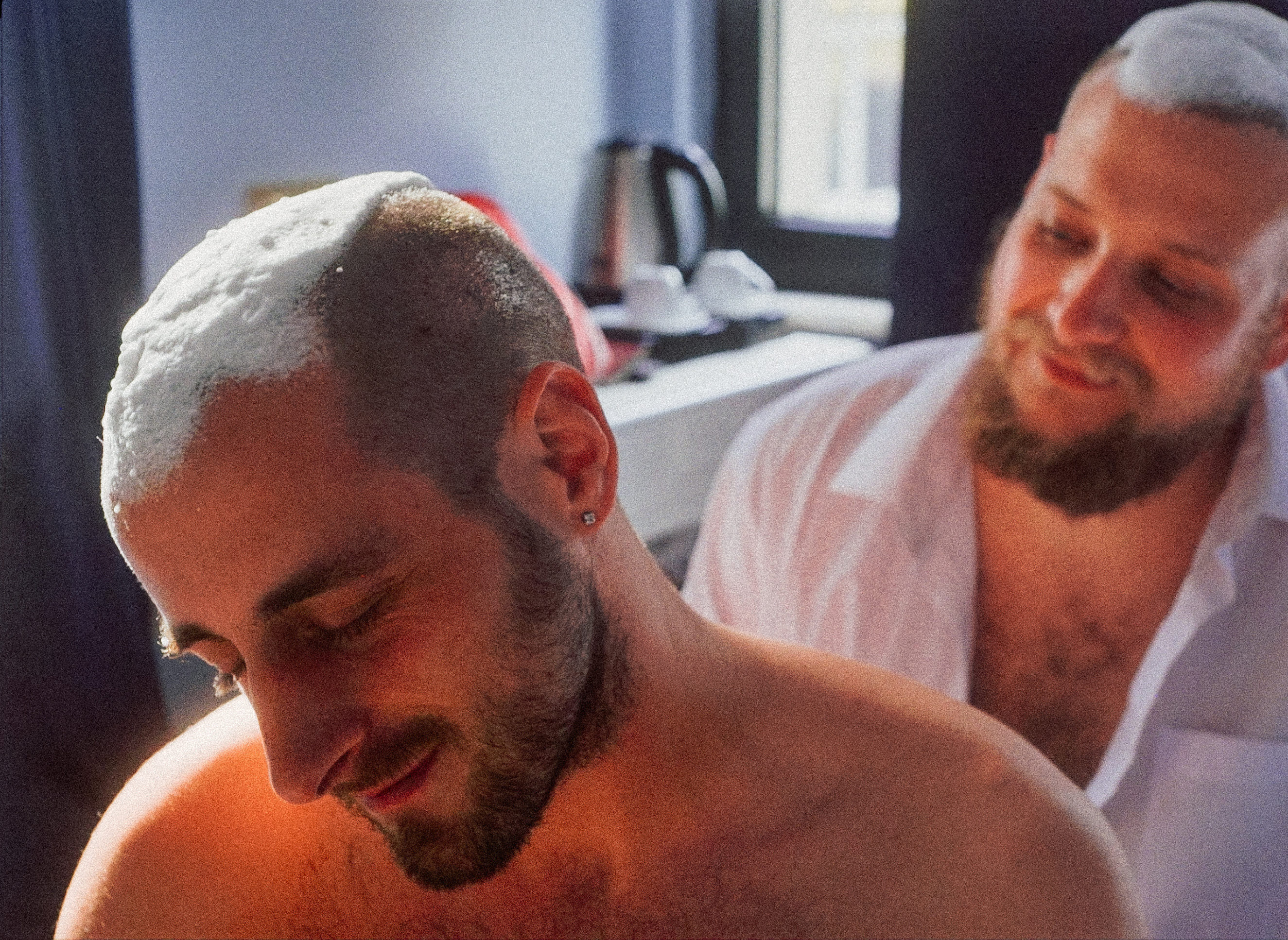
Special Jury Mention and FIPRESCI Prize winner at Karlovy Vary, ‘Before / After’ (Belgium), directed and written by first-time filmmaker Manoël Dupont, follows two thirty-something friends who travel to Istanbul for hair transplants in an intimate comedy about aging and male vulnerability.
Five documentaries complete the Embrujo Section. From Sundance comes ‘Gen_’ (France-Switzerland-Italy), directed by Gianluca Matarrese and co-written with Donatella Della Ratta, a humorous and tender portrait of a Milanese doctor pioneering reproductive and gender-affirming therapies. Directed and written by Ico Costa, ‘Balane 3’ (Portugal-France) is a gem shot in 16 mm with honesty and freshness, portraying the daily vitality of a Mozambican neighborhood. Portuguese sensibility continues in ‘We Are Two Abysses’ (Portugal), directed and written by Kopal Joshy, which turns the Covão dos Conchos lake into a delicate mirror of grief and solitude through the story of Carlos, a man who has lived alone for years in those mountains, writing countless letters to his late wife.
Meanwhile, ‘Alarm Notes’ (Germany-United Kingdom), the fourth documentary feature by Anthea Kennedy and Ian Wiblin, rescues the figure of Jewish-German sound pioneer Ludwig Koch, who, after fleeing Nazi persecution, devoted himself to recording birdsong during his British exile. In ‘Life After Siham’ (France-Egypt), directed, written and produced by Namir Abdel Messeeh, the filmmaker reconstructs, through an emotional autofiction, the memory of his mother using archival fragments and classic Egyptian cinema.
These titles complete the ‘Embrujo’ lineup, which had already announced ‘Cosmos’ (Switzerland-Mexico-France), written and directed by Germinal Roaux; ‘Writing Life’ (France), written and directed by Claire Simon; and debut features ‘Dandelion’s Odyssey’ (France-Belgium), an animated film written and directed by Momoko Seto; ‘Olivia’ (United Kingdom-Spain-Argentina), written, directed and edited by Sofía Petersen; and ‘Quién Vio los Templos Caer’ (Spain), directed by Lucía Selva and co-written with Joan López Alonso.
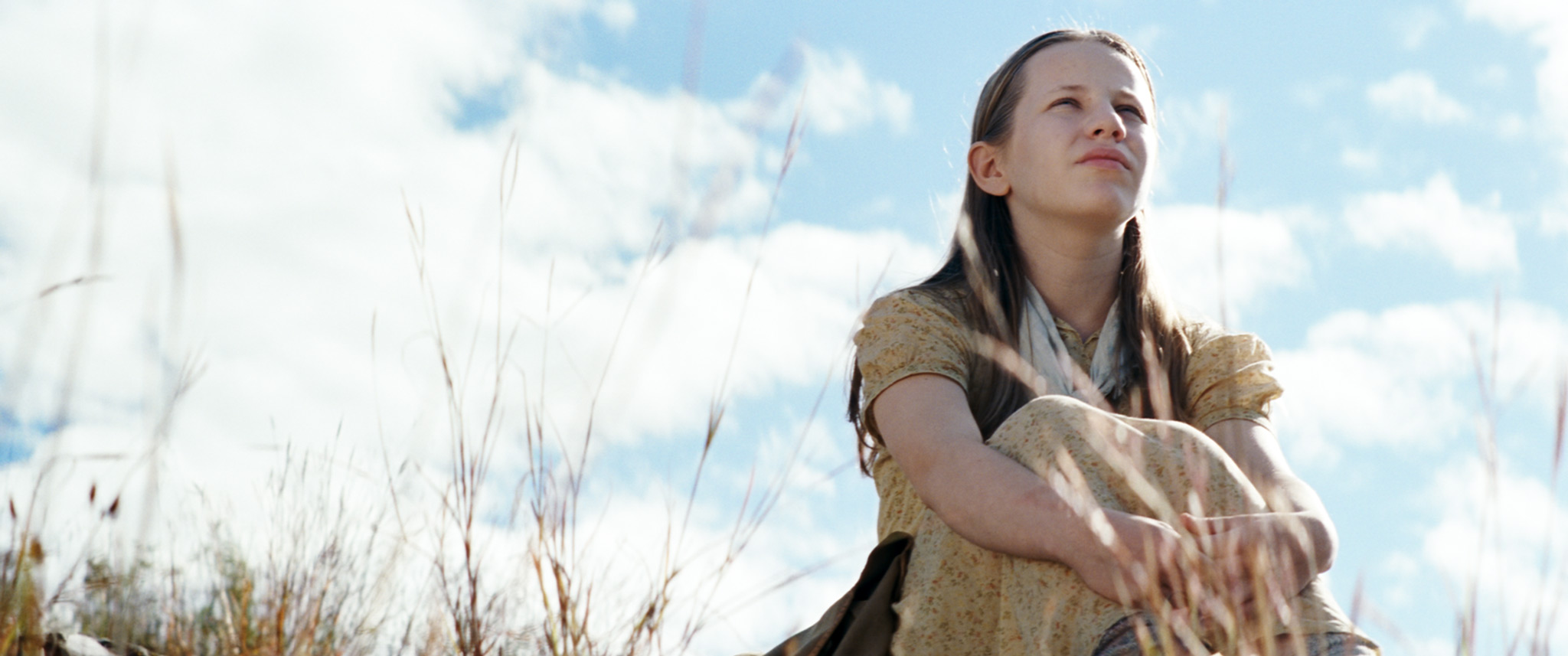
Alumbramiento: Seville as a Platform for Films Seeking Distribution
In the Alumbramiento Section, the Festival gathers films that lie beyond the commercial radar —works that champion authenticity, emotion, and formal exploration while seeking distribution in Spain.
This section includes titles such as the world premiere of 'All the Time' (Belgium), directed by filmmaker Amélie Derlon. In her first feature film, three women who do not know each other meet at a concert in Brussels, just as a suicide disrupts the evening's balance.
Two other women lead ‘Dragonfly’ (United Kingdom), written and directed by Paul Andrew Williams, one of the section’s most intense proposals. Winner of two BAFTA awards, Williams crafts a psychological thriller —starring Andrea Riseborough and Brenda Blethyn (both awarded at Tribeca, where the film had its world premiere)— about distrust, dependence, and the latent violence that inhabits neighborhood relationships.
Ludovica Martino shines as a young mother defying postwar Calabrian society in ‘Il mio posto è qui’ (Italy-Germany), directed and written, with warmth and delicacy, by Daniela Porto and Cristiano Bortone. The rural landscape also provides the backdrop for ‘Tarika’ (Bulgaria-Germany-Luxembourg), Bulgaria’s official submission for the Oscars, directed by Milko Lazarov and co-written with Ekaterina Churilova and Simeon Ventsislavov —a powerful tale about fear of difference, where a teenage girl with a rare bone malformation becomes the victim of popular superstition.
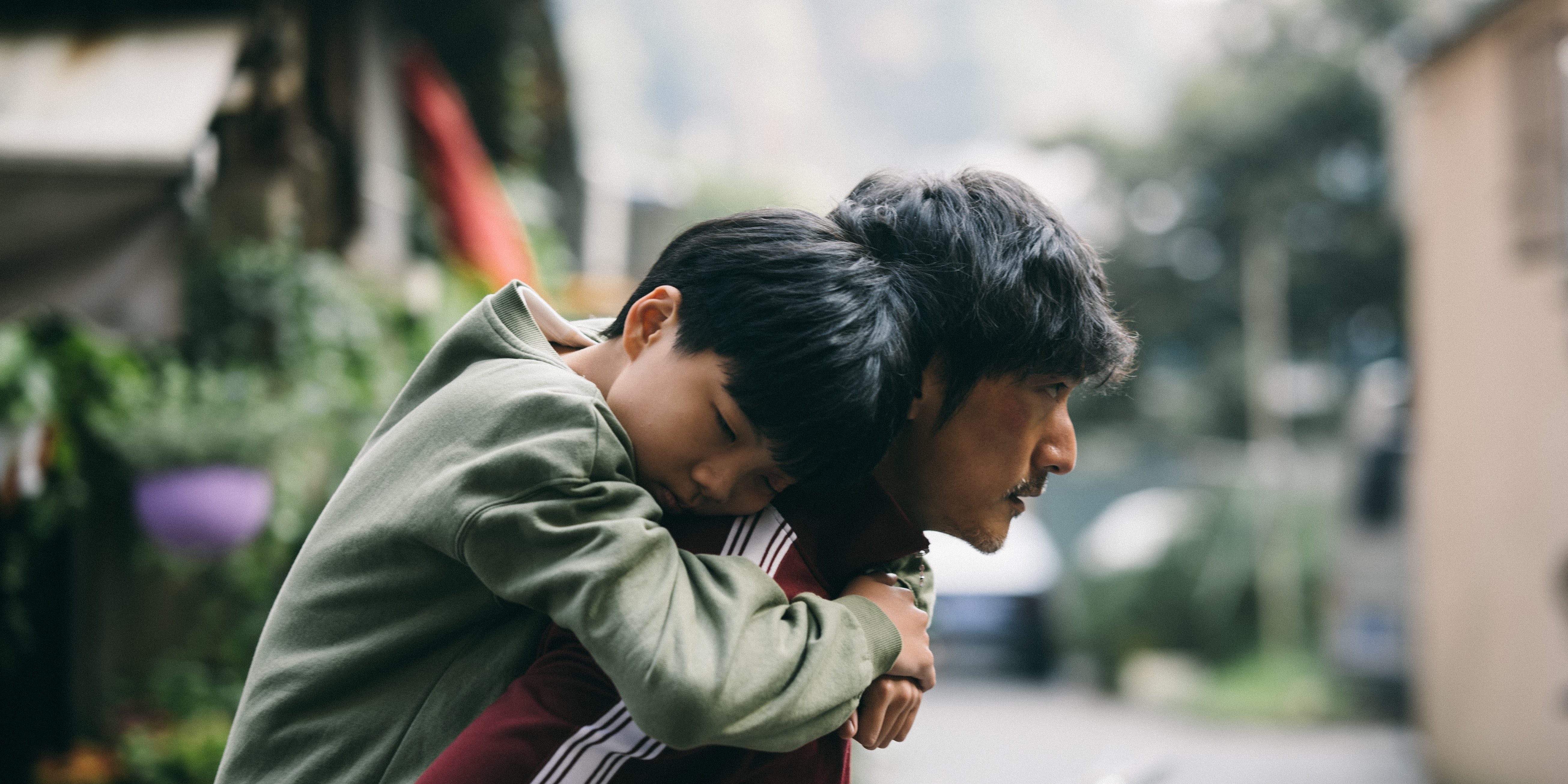
In ‘My Father’s Son’ (China-France), written and directed by Qiu Sheng, the father–son relationship merges with science fiction as a young man recreates his deceased father through artificial intelligence, in a story that reflects the rapid transformation of contemporary China.
Premiered at Toronto, Seville hosts the European premiere of ‘Julian’ (Belgium–Netherlands), directed by Cato Kusters and co-written with Angelo Tijssens. Adapted from the memoirs of artist Fleur Pierets, the film follows her “tour of love” alongside her partner as they marry in countries where same-sex marriage is legal —a moving reflection on mortality and love’s endurance.
After its screening at Cannes Directors’ Fortnight, the Festival presents the vibrant debut feature ‘The Girls We Want’ (France), directed by Prïncia Car and co-written with Lena Mardi. Set in the working-class neighborhoods of Marseille, it tells the love story between young Omar and Yasmine, threatened by the arrival of a third person. Heir to the spirits of Emir Kusturica and Jacques Demy, Car explores, through pop colors and social realism, adolescent sexuality and sorority.
These titles complete the Alumbramiento Section, which had already announced the debut features ‘Renovation’ (Lithuania), written and directed by Gabrielė Urbonaitė, and ‘Sweetheart (Gioia mia)’ (Italy), written, directed and edited by Margherita Spampinato.






